Samsung announced a revision to its iconic lineup of SSDs today with the 870 EVO, which is now set to provide consumers with some of the best performance the SATA interface can muster. The 870 lineup replaces the 860 series that premiered back in 2018. Samsung advertises a combination of improved performance specs in addition to far more affordable pricing than when the 860 series first launched. This marks yet another step towards speedy, yet affordable storage options for everyday consumers, professionals, and gamers.
Samsung states that the 870 EVO SSD lineup features 38% higher random read performance speeds for everyday computing tasks in addition to 30% improved endurance. The former statistic puts the 870 series up to the maximum capabilities of the 6 Gbps SATA interface with sequential read/write speeds of 560/530 MB/s. The improved endurance means the drives will yield longer life spans, making them ideal for professionals that cycle through large amounts of data over time.
The Samsung 870 EVO SSD lineup is only good news
There are a few other praiseworthy technical details about the new lineup, as well as some shortcomings that are immediately apparent. First off, these drives are entirely manufactured by Samsung, which is a talking point that is becoming increasingly rare for tech manufacturers. Perhaps it is for this reason that Samsung is also confident enough to offer a five year warranty on the products, which is obviously great. Since the company has been at it with this series for a while now, it has also managed to get the pricing down significantly since the 860 series originally launched. You can pick up the 250 GB version for just $40 USD, while the 4 TB version is $480 USD. That’s still a lot of cash for high-capacity storage, but it’s less than half of the price that these things cost when they first launched.
| Capacity | 4 TB | 2 TB | 1 TB | 500 GB | 250 GB |
| Price in USD | $480 | $250 | $130 | $70 | $40 |
| Interface | SATA 6Gbps | SATA 6Gbps | SATA 6Gbps | SATA 6Gbps | SATA 6Gbps |
| DRAM (LPDDR4) | 4 GB | 2 GB | 1 GB | 512 MB | 256 MB |
| Seq. R/W (MB/s) | 560 / 530 | 560 / 530 | 560 / 530 | 560 / 530 | 560 / 530 |
| Rand. R/W (IOPS) | 98K / 88K | 98K / 88K | 98K / 88K | 98K / 88K | 98K / 88K |
| Endurance | 2,400 TBW | 1,200 TBW | 600 TBW | 300 TBW | 150 TBW |
| Warranty | 5 years | 5 years | 5 years | 5 years | 5 years |
At any rate, you’ve probably noticed the massive shift to M.2 NVME drives in the past couple years. Those are not only similarly priced to SATA models these days, but also far better with the arrival of PCIe 4.0 support. While SATA caps out at 560 MB/s, M.2 NVME drives hit up to 7,500 MB/s now. You read that correctly. Still, motherboard support for the superior technology remains limited, which makes SATA-based drives popular choices even in 2021. Therefore, it makes sense for Samsung to revise its SATA SSD lineup with the 870 EVO series to make it the best it can be.
It’s still a bit mind boggling to be talking down upon any SSD, as they are far superior to mechanical storage devices, aside from the capacity limits. The good news is that any gamer who wants to cut down on in-game loading times should be able to make the jump to an SSD-exclusive system these days, whether it be via a SATA or M.2 NVME device.
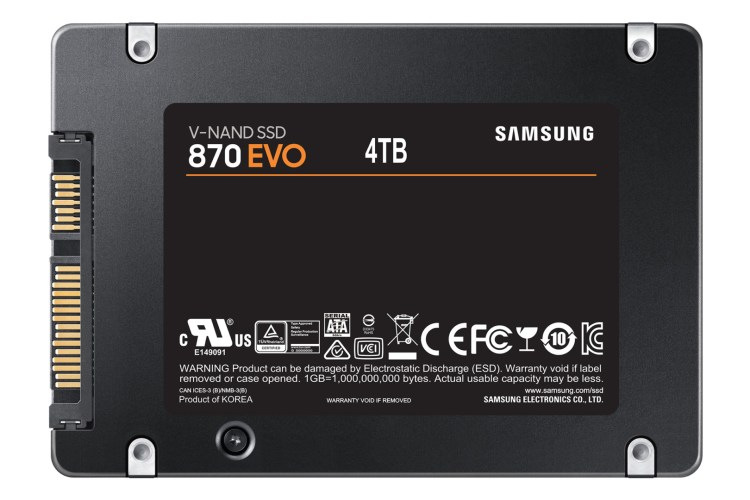
The drive apparently also features a low-power sleep mode and a “minimal carbon footprint,” in case you’re looking to save some data and the environment at the same time.

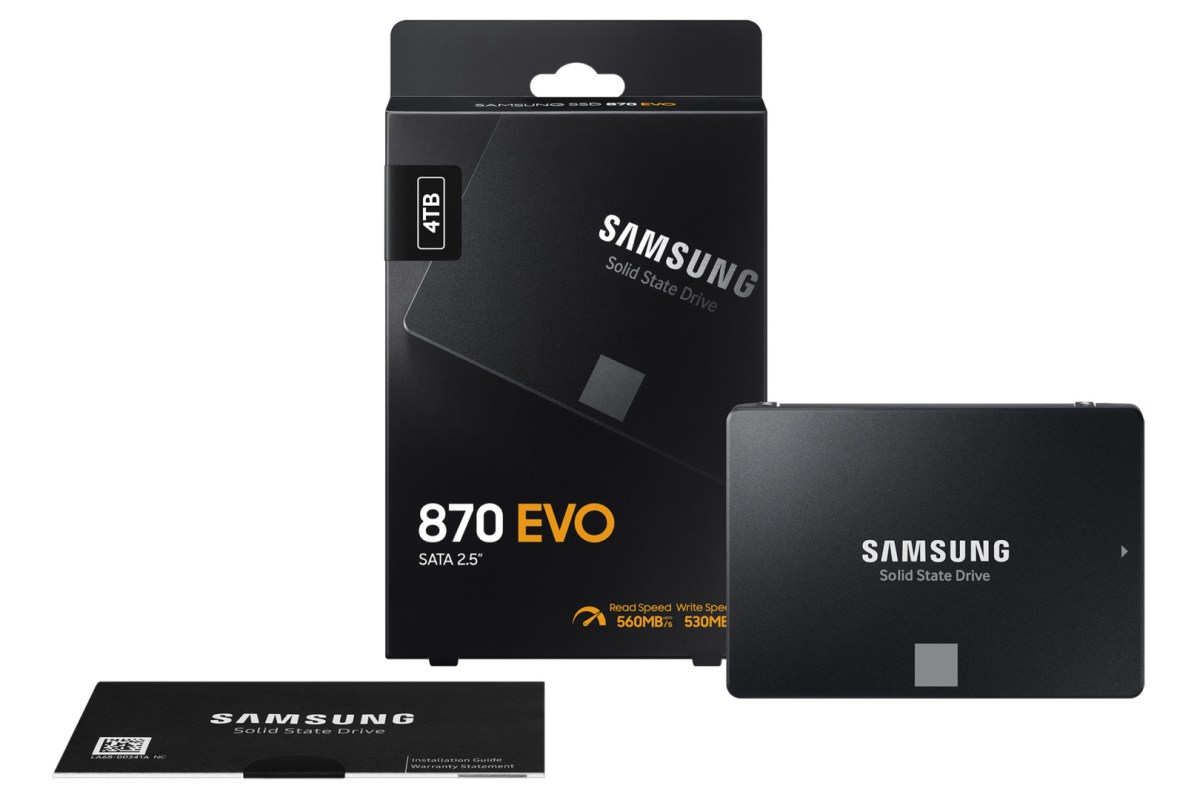
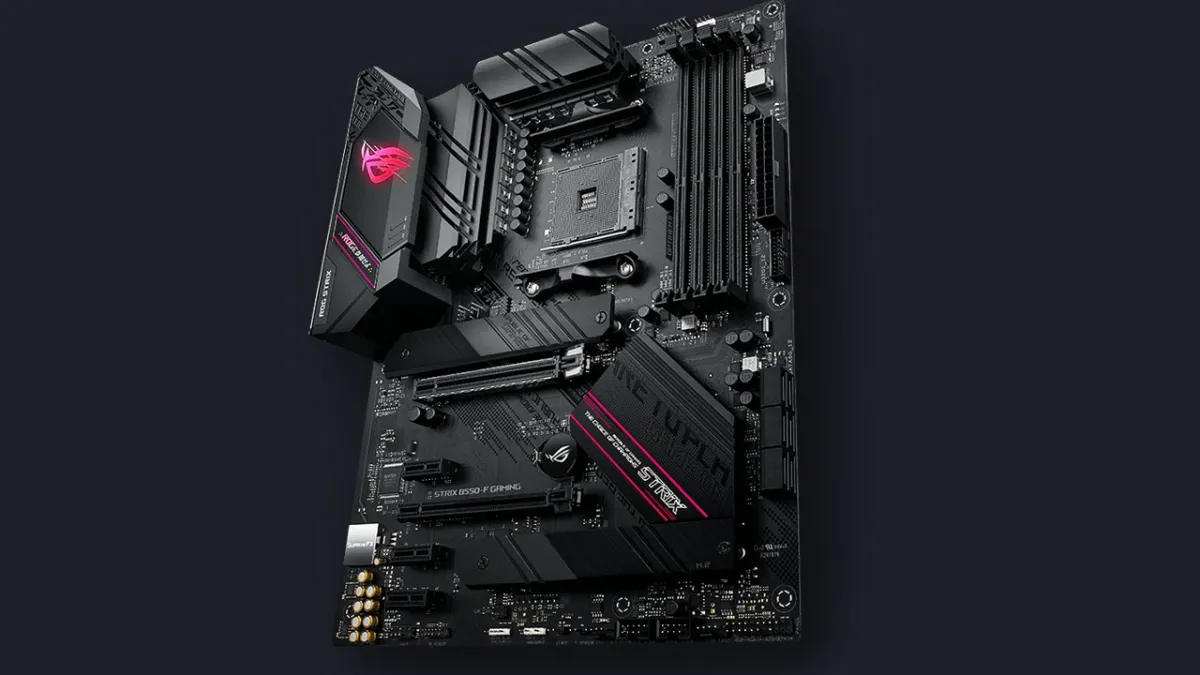


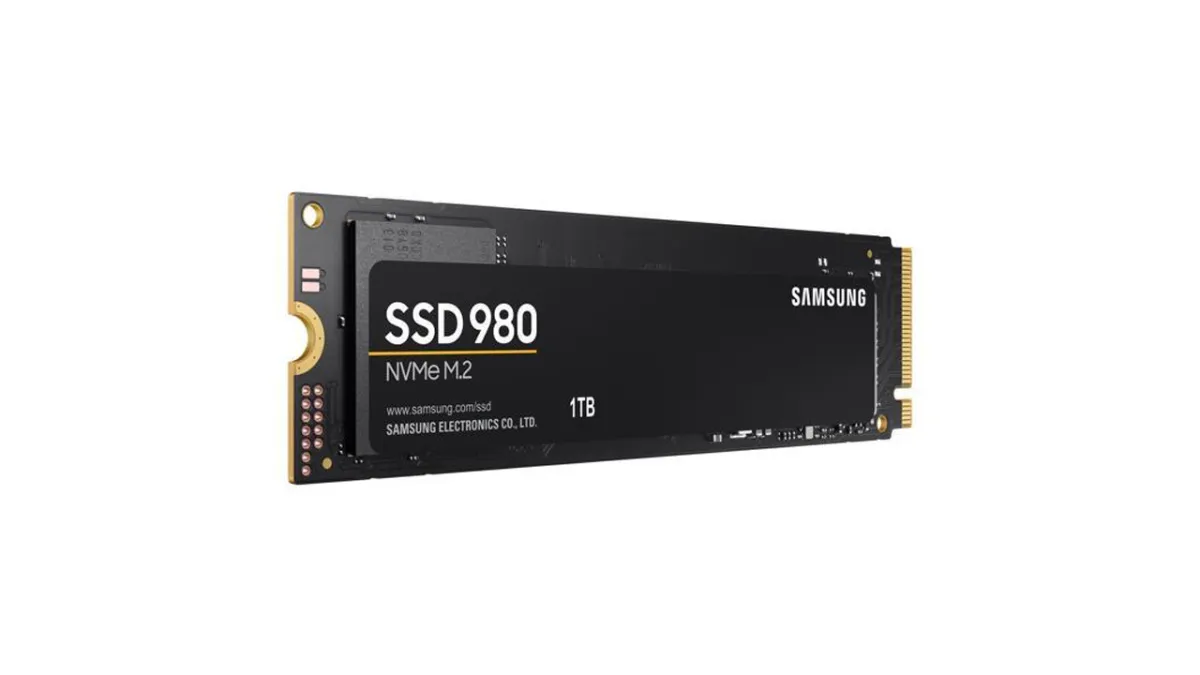
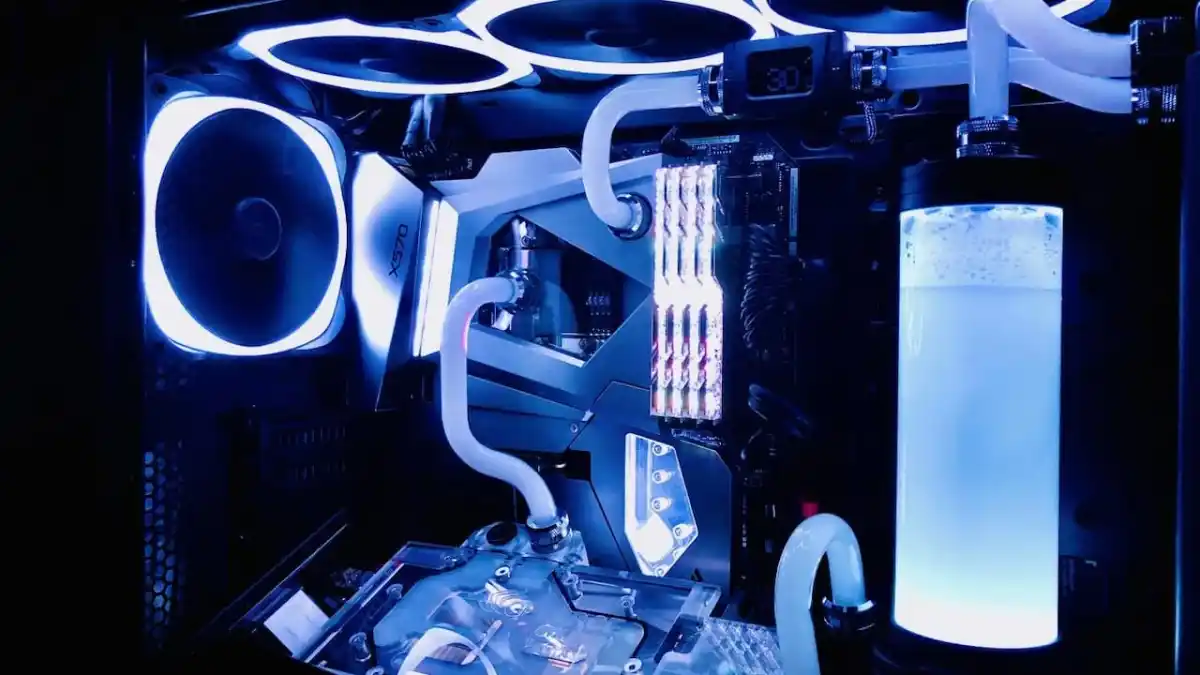
Published: Jan 19, 2021 02:00 pm